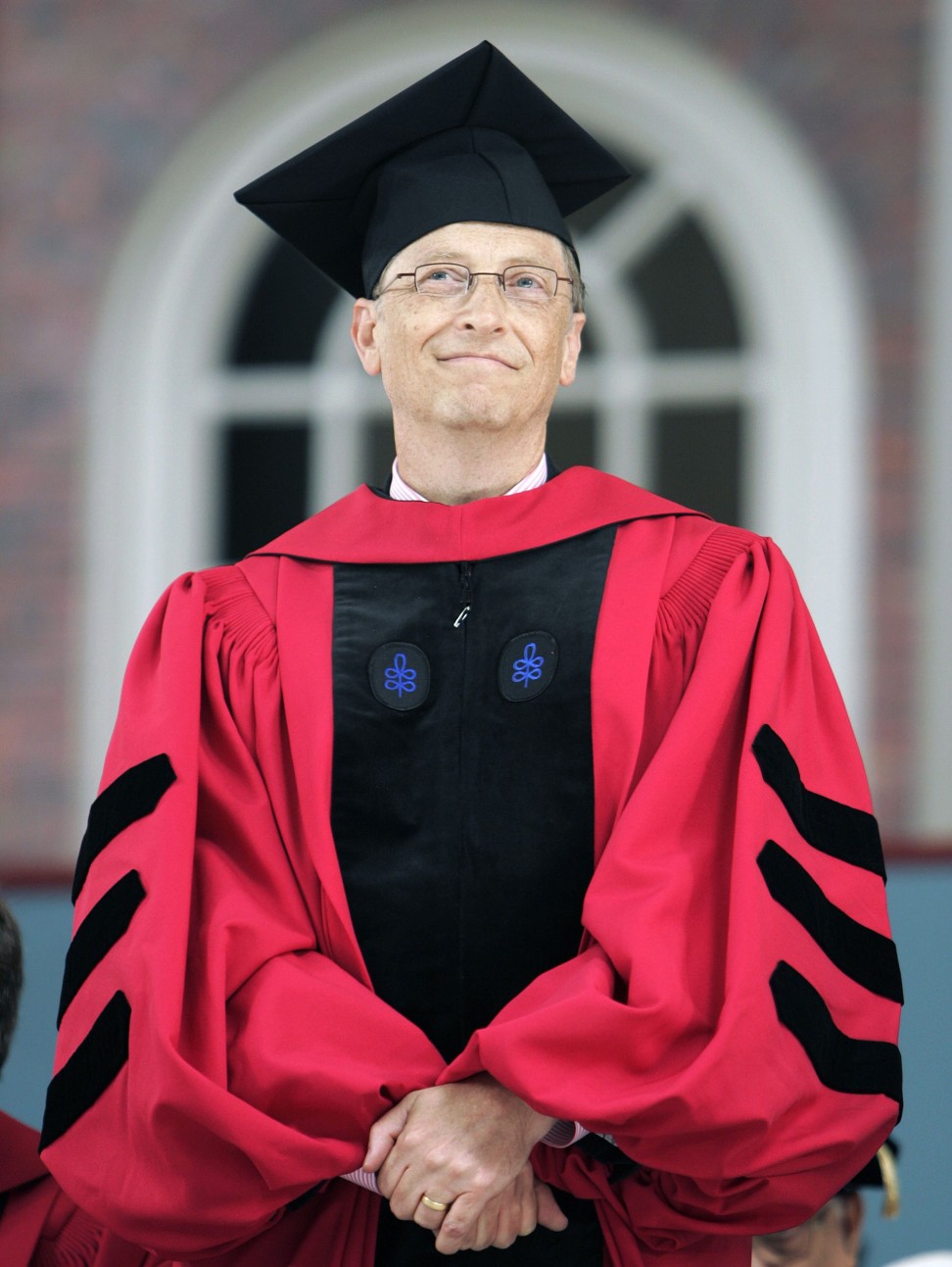
For young Hongkongers, the smartest investment in the future may be going to a top Chinese university
- From talent selection to social networking, there are many explanations for why higher education correlates to success. In Hong Kong, students should capitalise on the chances they have to enter China’s brand-name universities

The recent college admissions scandal in the United States has raised soul-searching questions about elite education. Why the obsession with elite universities? Well, the world is just getting more competitive. While a college education used to be a ticket to the middle class, its value has decreased as higher education becomes more prevalent. A degree from a brand-name college is one way to distinguish one student from the rest.
Asian culture may have something to do with this. Stuyvesant, a highly selective public high school in New York City whose students enter top universities, is dominated by Asian-Americans. Asian immigrants, driven by a strong work ethic and high parental expectations, are going to the best universities. So much so that Harvard has been accused in a lawsuit of using racial balancing against Asian-American applicants, by rating them lower on personality traits.
In Asia, greater importance is placed on entry into a top university. In Japan, most elite Ministry of International Trade and Industry bureaucrats during the high-growth years were graduates of the University of Tokyo. In South Korea, one’s social status, career opportunities and even marriage prospects are shaped by acceptance at one of the so-called SKY universities: Seoul National, Korea or Yonsei.
There are a few (perhaps competing) theories about why higher education produces good economic outcomes for graduates.
Human resource development: graduates become higher-skilled workers. This remains true for certain professions requiring years of rigorous, sometimes hands-on, training – such as medicine. Otherwise, online education platforms are democratising higher education. They make it possible to learn what is being taught at Harvard and MIT free of charge, without ever setting foot in Cambridge, Massachusetts.

Social advantage: according to this line of thinking, higher earnings of graduates merely reflect what they bring to, rather than get out of, higher education. Recent news has made it eminently clear that university admissions do favour the affluent. In the US, less than 10 per cent of students from the lowest income quartile get bachelor's degrees by age 24, compared to 77 per cent from the top quartile.
Selection: Michael Spence won a Nobel Prize in economics on the strength of his paper on market signalling, which was also the subject of his Harvard PhD thesis. A university degree is how a graduate signals their qualities to potential employers; given the low admission rates, elite universities are effectively screening, rather than training, talent. Top investment banks and consultancies recruit at a small number of top universities. Also, some of the world’s largest businesses were created by Harvard dropouts, not graduates.
Social capital: Oxford has long been a finishing school for England’s upper class after Eton. The factions in British parliamentary debates about Brexit often share an Oxbridge pedigree. The social capital students bring to elite universities is reinforced through social networks.
In mainland China, parents are often obsessed with getting their children into good US universities, when half of the world’s top 10 universities are outside the US. Parents in Hong Kong, with a long tradition of education in Commonwealth countries, have a broader perspective but tend to focus on English-speaking countries.
Not many in Hong Kong – at least not among the most affluent – consider universities in mainland China. With significant investments and many returnees trained at the best universities in the West, Chinese universities are rapidly improving. Peking and Tsinghua universities have long been top feeder schools to science and engineering PhD programmes in the US. Tsinghua is now ranked among the world’s top 10 universities in engineering and technology (ahead of Harvard, at No 12, and the Hong Kong University of Science and Technology, at 18, according to the QS rankings).

Now, the odds of a mainland Chinese student getting into Tsinghua might be lower than those of an American getting into MIT. Many Chinese parents are sending their children overseas only because admission to top Chinese universities is so hopelessly competitive.
But here is Hong Kong’s advantage. Hongkongers can jump the queue and enter top Chinese universities more easily than foreign students. This is unlike in the US, where the odds are stacked against international applicants, but also unlikely to go on forever.
In science and engineering, China can offer training no less rigorous than the West. In terms of social networking, one is as likely to rub shoulders with ambitious, budding entrepreneurs at Tsinghua as at MIT or Stanford. In the coming decades, China’s top universities will also be among the world’s best.
Four decades since I enrolled at MIT, it has continued to gain in stature. My son has teased me about how it might be difficult for me to be accepted by MIT today, which I do not dispute given the much larger pool of talented international applicants. By a similar logic, it would be strategic to enter one of the top mainland Chinese universities now, before they rise in the global rankings.
Farsighted young Hongkongers should seize this unique opportunity while the window is still open. And if more among the next generation of Hong Kong movers and shakers are trained at the mainland’s top universities, there may be more hope of a successful integration of Hong Kong and the mainland.
Winston Mok, a private investor, was previously a private equity investor